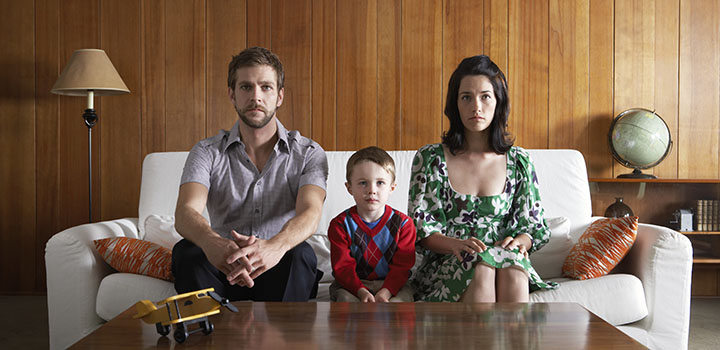How heartbreak and hardship shape growing old
By: News Archive

From being raised by an emotionally cold mother to experiencing violence, war and bereavement, difficult life events have a profound effect on our physical and mental wellbeing in later life – according to new UEA research.
A new study published today shows how a range of life inequalities and hardships are linked to physical and mental health inequalities in later life.
These stressful and often heart-breaking life inequalities included having emotionally cold parents, poor educational opportunities, losing an unborn child, financial hardship, involvement in conflict, violence and experiencing a natural disaster.
The research team found that people who experienced the greatest levels of hardship, stress and personal loss were five times more likely to experience a lower quality of life, with significantly more health and physical difficulties in later life.
Those brought up by an emotionally cold mother were also significantly less likely to experience a good quality of life and more likely to experience problems in later life such as anxiety, psychiatric problems and social detachment.
The researchers say that policies aimed at reducing inequalities in older age should consider events across the life course.
Prof Nick Steel, form UEA’s Norwich Medical School, said: “Everybody lives a unique life that is shaped by events, experiences and their environment.
“We know that inequalities in exposure to different events over a lifetime are associated with inequalities in health trajectories, particularly when it comes to events in childhood such as poverty, bereavement or exposure to violence.
“While the impact of adverse childhood events is well recognised for children and young people, the negative events that shape our entire life courses are rarely discussed for older people.
“We wanted to better understand the effects of events over a life course – to find out how adverse events over a person’s lifetime affect their physical, mental and social health in later life. As well as looking at single life events, we also identified groups or patterns of events.”
The research team studied data taken from the English Longitudinal Study of Ageing (ELSA) – a longitudinal study of adults over 50 living in England.
Participants were invited to answer a life history questionnaire. The research team took into account responses from 7,555 participants to questions that represented broad topics in life history.
Some of these questions were around their upbringing – such as whether a parent had been emotionally cold and the estimated number of books in their home at 10 years old.
Other questions focused on events in adult life – such as whether they had fought in a war or lost an unborn child.
The researchers analysed the responses to identify patterns of life events, and also took into account factors such as age, ethnicity, sex and socioeconomic status.
Lead researcher Oby Enwo, from UEA’s Norwich Medical School, said: “We looked at the life history of each participant and compared it to their quality of life and how well they can perform activities like dressing themselves, bathing, preparing hot meals, doing gardening and money management.
“We also studied whether the participants had a long standing illness, or suffered from anxiety or depression or other psychiatric problems like schizophrenia and psychosis.
“Participants were also asked about their social networks, friendships, and general health,” she added.
“We started to see some really strong patterns and associations emerging between exposure to life events that affect physical and mental well-being in later life.”
The researchers grouped the participants to four main groups – those who reported few life events, those with an emotionally cold mother, those who had experienced violence in combat and those who had experienced a number of difficult life events.
“We found that people who had suffered many difficult life events were significantly less likely to experience a good quality of life than those who had lived easier lives.
“They were three-times more likely to suffer psychiatric problems, twice as likely to be detached from social networks, and twice as likely to have long-standing illness.
“People raised by an emotionally cold mother were also significantly less likely to experience a good quality of life, and were more likely to report psychiatric problems and be detached from social networks, compared to people who had experienced few difficult life events.”
The researchers now hope that clinicians working with older people will start to consider the impact of life course events on health and wellbeing – as part of a patient-centred approach.
They say that policy makers too should take a long-term perspective and target life events which could be changed – for example teaching and improving parenting skills to avoid emotionally negative experiences, and targeting gun and knife crime to limit people’s exposure to violence.
‘The Impact of Life Events on Later Life: A Latent Class Analysis of the English Longitudinal Study of Ageing’ is published in the Journal of Public Health on March 11, 2020.
Related Articles

Air cleaners don’t stop you getting sick, research shows
Air filtration systems do not reduce the risk of picking up viral infections, according to new research from the University of East Anglia.
Read more
Wearable technology orthopaedic research shortlisted for national award
A project to support patients with their hip and knee replacement recovery using wearable technology has been shortlisted for a national innovation award.
Read more
Six UEA professors named in Highly Cited Researchers 2023 list
Six UEA professors have been named in the annual Highly Cited Researchers list for 2023, which celebrates some of the most influential researchers in the world today.
Read more